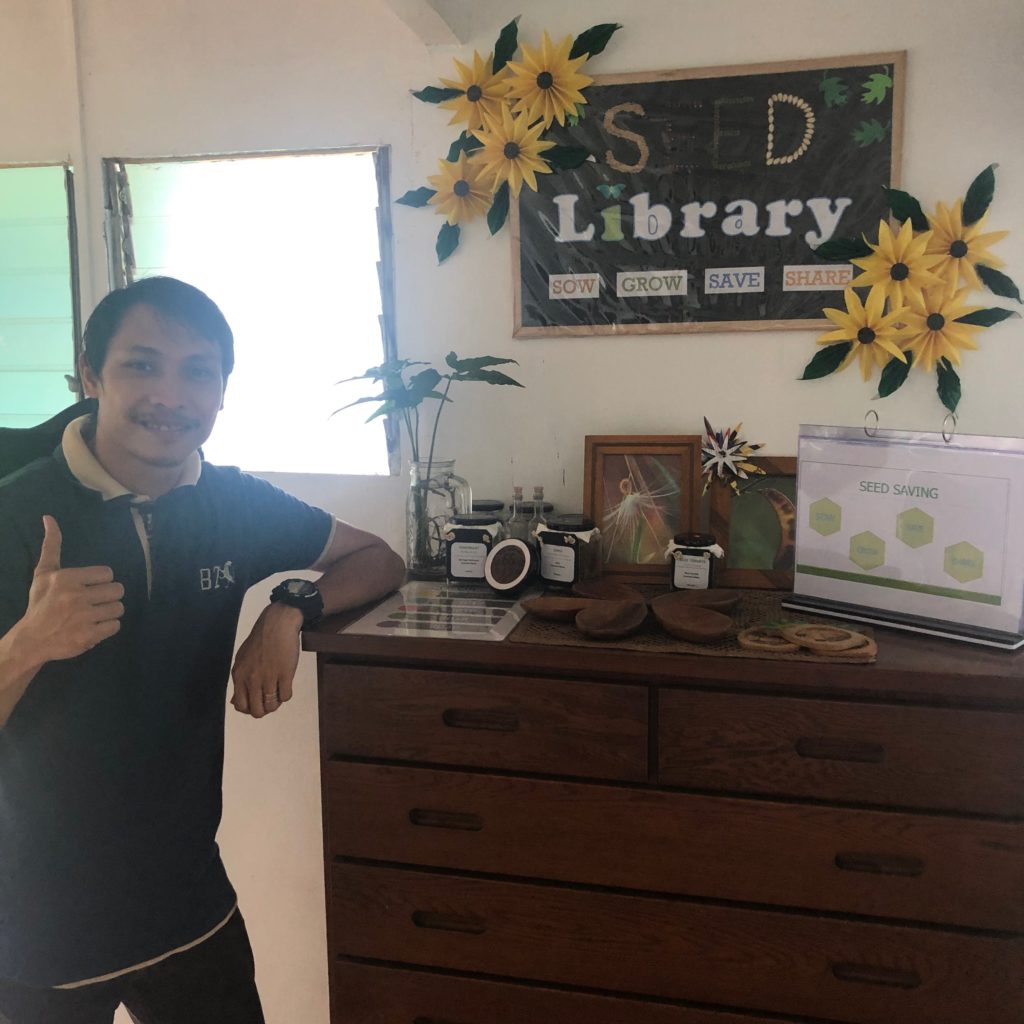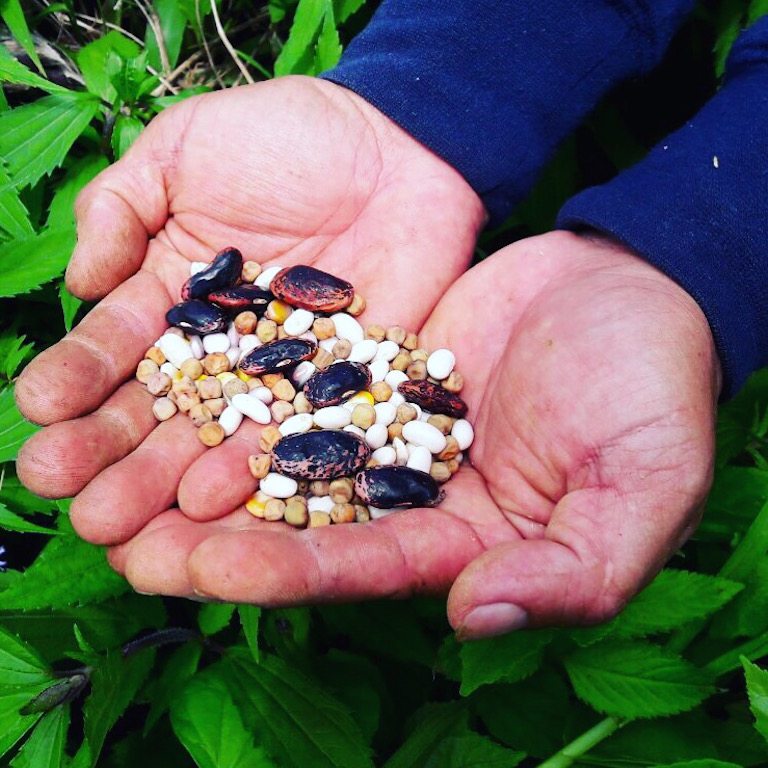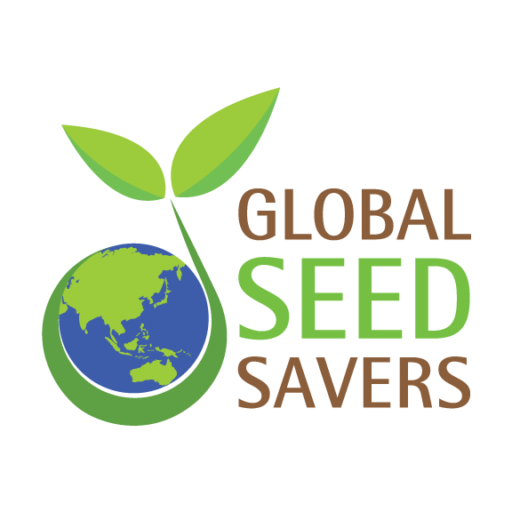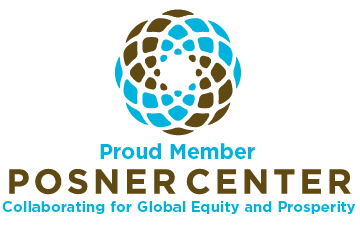Our Branches
PARTNER ORGANIZATIONS and resources for our community
Definition of Terms
Indigenous Seeds: Indigenous seeds are produced in a certain climate and location, they are often managed by a group of local people. When seed giants and modified seeds spread to that location, they cause a loss of the original seeds produced in said area. Many indigenous people who face a loss of their plants and seeds due to seed giants form community seed banks to prevent loss of their local plants.
“There are a number of reasons why it makes sense to use indigenous or traditional seeds (called heirloom seeds in the West). Compared to hybrid seeds, they are hardy, pest-resistant, withstand unfavorable conditions in the area of their origin, require less water and nutritional inputs, fit in better in the organic method of farming and may even have special characteristics such as nutrition, fragrance or colour.” Source.
“Our foods are a part of our culture and way of life…Our seeds contain histories of our people and contain the security of future generations. In this generation we will ensure that our fish, root crops, buffalo, forests and other foods are retained for the generations yet to come. Food is a human right not to be purchased, or simply delivered in sacks and commodities, but to be grown and harvested in our communities and traditional territories.” Source.
Seed Libraries: A seed library addresses the relationship between consumers and community members to their food source. A seed library allows regular people who may not necessarily be farmers participate in the production of their food. A seed library is community oriented, created to allow people the freedom to choose which foods they consume and know where their meals come from. The objective of a seed library is to preserve genetic diversity in seed, make those seeds accessible to local people, and allow for genetically diverse seeds to continue circulating. Source.
Seed Library vs Seed Bank: A seed library is created for community members to share and distribute local seeds to grow their own food. A seed library is often free or affordable priced for people. A seed library can be housed at any location such as an actual library, community center, or any other building visited by many community members. A seed library saves seeds by allowing a community member to borrow seeds, grow them, and harvest new needs from mature plants to return to the library. Source. A seed bank is created for storing various plants to preserve genetic diversity. In some cases seed banks are created to save various species of plants from destruction. A seed bank works more like a gene bank for various seeds. A seed bank is of vital importance to the farming community because it ensures various plant breeds do not die out. Source.
Seed Saving: Seed saving is a practice where genetically diverse seeds are harvested and saved to preserve a certain genetic strain of the plant. Seed saving has grown in practice since genetically modified seeds were introduced en-masse into the global market. Commercially produced seeds dominate genetic strains of each popular plant and slowly lead to the loss of various genetically diverse seeds of the same plant species. Modified seeds often require certain synthetic fertilizers, chemicals, and pesticides as well which lead to issues with production for the farmers and issues in consumption for the consumer. Seed saving is also connected to the heritage and direct relationship of many people with their food.
Seed Sovereignty: Seed sovereignty refers to the relationship between farmers and their seeds. The seed sovereignty movement started when patented and genetically modified seeds controlled by seed giants infringed on local farmer’s right to preserve, grow, and sell locally originating seeds. Seed sovereignty allows farmers the freedom to protect and distribute plants produced from locally produced seeds.
The Lexicon of Food defines seed sovereignty as “the farmer’s right to breed and exchange diverse open source seeds which can be saved and which are not patented, genetically modified, owned or controlled by emerging seed giants.” Source.
Resources
Newsletters
GSS In The News
Videos
Seed Terms & Definitions
Others
Connect
US Address
1031 33rd Street, Ste. 174
Denver, CO 80205
1(425) 698-5808
Philippines Address
Baguio City, Philippines
How to Save Seeds
![]()
Know what to grow
- Start With Open-Pollinated Seeds
- Are Seeds Annual, Biennial, Perennial
- Learn About Species
Plan for Seed Saving
- Start With Easy Crops
- Grow Enough Plants
- Put a Little Space Between Varieties
Collect Your Bounty
- Know When Your Seeds Are Mature
- Know How to Harvest Seeds
- Store Seeds Properly (Cool, Dark, Dry)




